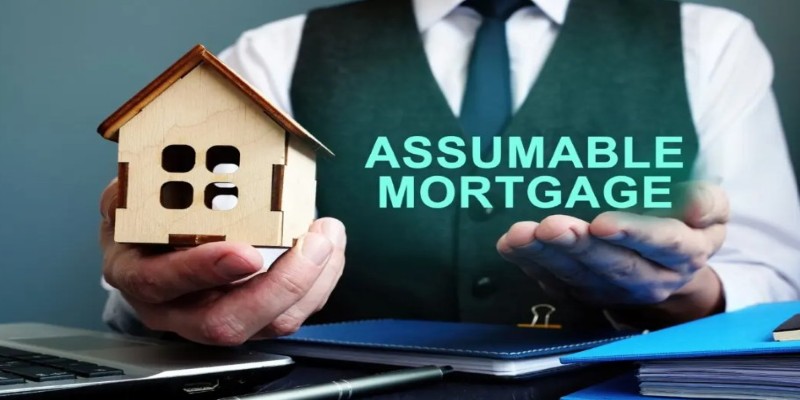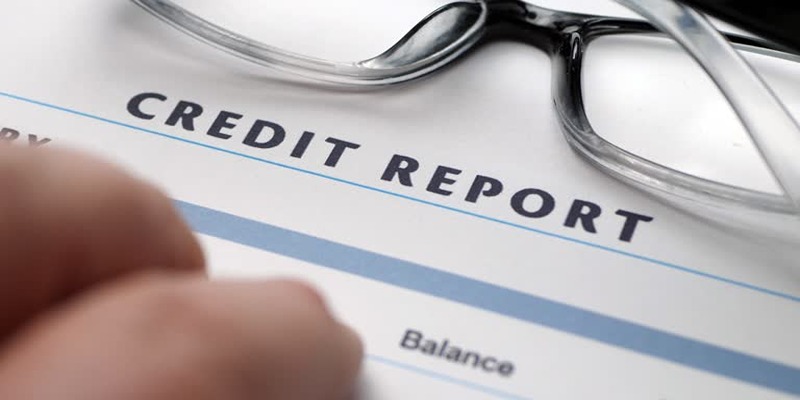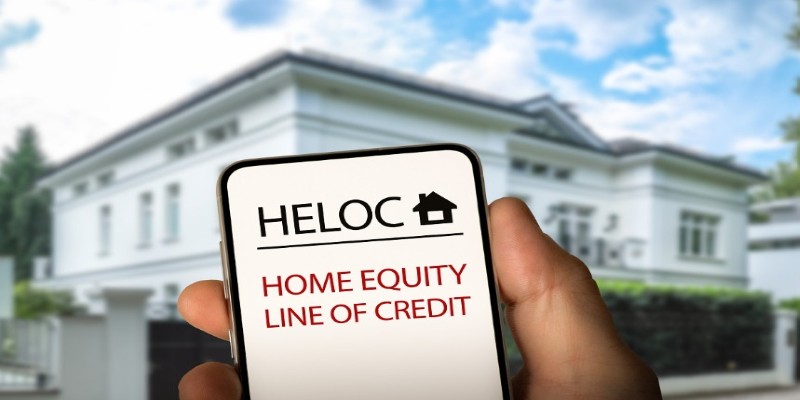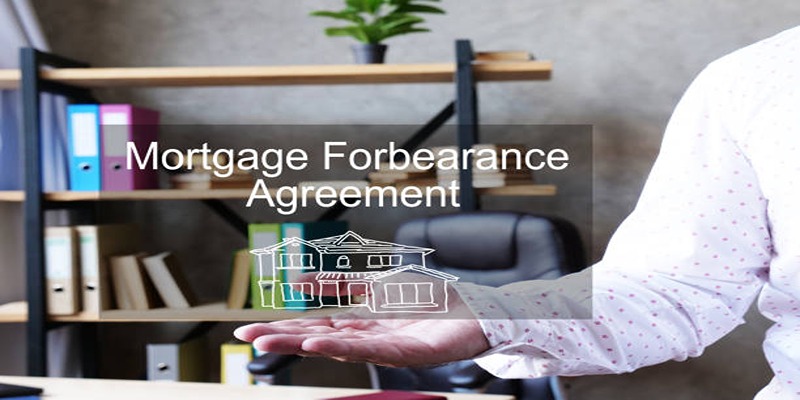You’ve just moved in, the paint is still fresh, and your boxes haven’t all been unpacked—so when is it too soon to start thinking about selling your home? Life has a way of shifting the goalposts. A new job, a growing family, or just a change in priorities might make you wonder: how long should you live in a house before putting up that “For Sale” sign?
The answer isn’t one-size-fits-all. But timing matters. Sell too soon and you could lose money. Wait too long and you might miss better opportunities. Let’s break down what really shapes that decision.
The 5-Year Rule and Why It Exists?
In the real estate world, the “five-year rule” is often tossed around as the golden standard. The idea is simple: stay in your home for at least five years before selling to give yourself the best shot at making a profit or at least breaking even. But where does this rule come from?
It’s mostly financial. When you buy a house, you don’t just pay the price of the property. You pay closing costs, loan fees, inspection costs, and possibly private mortgage insurance. Then, when you sell, you pay agent commissions and more closing costs. These expenses can easily run into tens of thousands of dollars. It usually takes a few years of home appreciation and principal pay-down to recover those costs.
Then there's the emotional and logistical wear and tear. Buying and selling homes is exhausting and expensive. It's moving trucks, paperwork, home prep, and negotiations. Most people don't want to go through all that again unless they really have to—or unless it's truly worthwhile.
The five-year rule is less about the law and more about logic. It's a cushion of time that helps homeowners offset the upfront and backend costs of homeownership while building some equity along the way.
Equity, Appreciation, and Your Local Market
Of course, not all housing markets play by the same rules. In a hot urban market where prices have jumped 10% or more per year, some homeowners have sold in under two years and still walked away with a profit. In a slower market, it might take longer than five years just to break even.

Equity is key here. That’s the portion of your home you truly own—the difference between what your home is worth and what you still owe on your mortgage. The longer you stay, the more mortgage you pay down, and hopefully, the more your property increases in value. This combo builds equity, which you’ll need for your next down payment or to avoid bringing money to the table when you sell.
But equity is not guaranteed. If your home's value stagnates or drops, you could be stuck—or worse, owe more than your home is worth. That's why it's essential to stay informed about your local market. Are prices trending upward? Is there high demand? Are homes in your neighborhood selling quickly and at good prices? These signals can help you determine if it's a smart time to list, even if you haven't hit the five-year mark.
Tax Implications of Selling Too Soon
Timing isn't just about maximizing profit—it can also mean avoiding unnecessary taxes. The IRS has a rule that homeowners must live in their home for at least two out of the last five years to qualify for a capital gains tax exemption. This rule allows single homeowners to exclude up to $250,000 in profit ($500,000 for married couples filing jointly) when they sell their home.
Sell before that two-year mark, and you might owe capital gains tax on the full profit, depending on your income and how much the home appreciated. That’s a hefty price tag, especially if you bought during a dip and the market has since surged.
There are exceptions, of course. If you’re selling because of a job relocation, health issues, or other significant life events, you might still qualify for a partial exclusion. But in general, if you want to avoid taxes eating into your gains, two years is the bare minimum to consider.
Beyond taxes, early sales can sometimes trigger prepayment penalties from certain lenders, though these are becoming less common. Still, always check your mortgage terms before listing.
Lifestyle Factors That Can Tip the Scale
Money matters, but life doesn’t always wait for ideal timing. Sometimes the need to sell is about more than equity or market trends. Job relocations, family size changes, neighborhood shifts, or just the gut feeling that the house no longer fits—these can all push someone toward a move before the numbers say “go.”

And that’s not necessarily a mistake. If your quality of life would improve by moving—even if the financial outcome is neutral or slightly negative—that can be a reasonable trade-off. The key is to go in with clear eyes. Know your break-even point. Understand your tax situation. Be prepared for the costs of moving and buying again. And if possible, give yourself a little runway so you’re not making rushed decisions under pressure.
Some homeowners also get the itch to upgrade too soon. Maybe the starter home starts to feel cramped. Perhaps your neighbors have renovated, and you're feeling left behind. The temptation to leapfrog to something bigger or better is real—but remember that each move resets your financial clock. Each sale comes with costs that eat into whatever gains you've made.
If you’re thinking of moving up before the five-year mark, look at the full picture: your equity, your job stability, your savings, and your long-term goals. Don’t just trade up for the sake of change—make sure it’s actually a step forward.
Conclusion
Whether you sell in three years or ten, the focus should be on reducing loss, increasing profit, and aligning the decision with your financial and personal goals. Keep track of your home’s value, monitor your equity, and be smart when listing—price it right and prepare it well. There’s no exact formula for how long to stay. It’s a mix of numbers and personal timing. Know your finances, but trust your instincts about when it’s time for something new.












